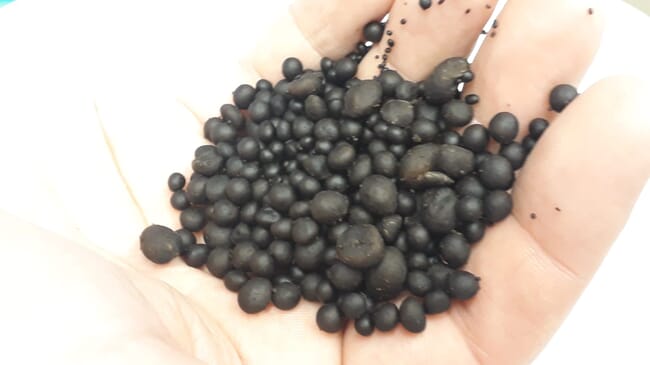eniferBio has developed a method for producing a form of single cell protein derived from fungi called Pekilo and announced plans this week to collaborate with Foods of Norway – part of the Norwegian University of Life Sciences (NMBU).
“eniferBio’s expertise fits perfectly into our value chain”, says Foods of Norway’s centre director, professor Margareth Øverland.
“They specialise in profitable and sustainable production of single cell protein from resources we have a lot of in Norway, our forests. Foods of Norway aims to develop technology that can contribute to a profitable production, and eniferBio produces single cell protein with cheaper substrates and side streams than we are able to today. Our new partner can help create the market we hope will be established for single cell protein as an ingredient in feed. I also believe that we can be a valuable partner for eniferBio, as we possess extensive knowledge and documentation of the nutritional value and beneficial health effects of single cell protein,” she adds.

© eniferBio
eniferBio’s single cell protein production method was originally developed by the forest industry in Finland during the 1970s. The mycoprotein was the first of its kind to be commercialised and was used in feed for chicken and pigs on a large scale in the ‘70s and ‘80s. However, as the pulp industry developed, no more suitable side streams were being produced, and the last Pekilo plant closed in 1991.
Today, based on the methods from the 1970s, eniferBio has applied the process to fish feed production, using cheaper substrates and side-streams from the forest industry for an economically viable process. In 2020, the company received €1 million in seed funding and won a competition that will allow them the chance to supply Pekilo for salmon feeding studies conducted by Skretting.
“It is a well-validated process”, says CEO and CTO of eniferBio, Simo Ellilä.
“We already had the know-how and resources, and with new biotechnology we have improved the process and the product. A key enabler for this venture has been that we have been able to increase the protein content in the product”.
Ellilä explains how their process, along with the availability of biorefinery side streams throughout Europe, could really make an impact when it comes to self-sufficiency and less need to import feed ingredients from other parts of the world. This leads to a higher level of sustainability, one of the main drivers for the start-up company. Ellilä and his colleagues are very excited to take part in the ventures of Foods of Norway.
“We want to develop our product towards fish feed, and Norway is the biggest salmon producer in the world. That is motivation in itself. But also, between the vast expertise in biorefinery and aquaculture among the centre’s partners, and with NMBU driving this as a high-level research institution, we are very excited to take part in the research in Foods of Norway”, Ellilä states.



